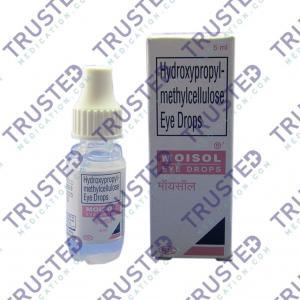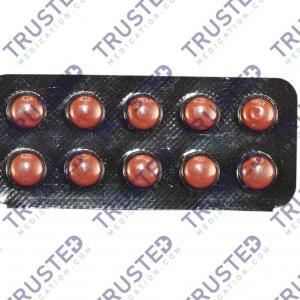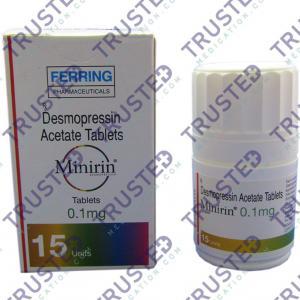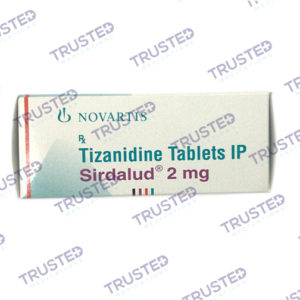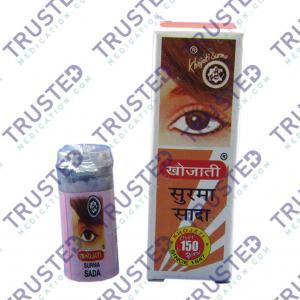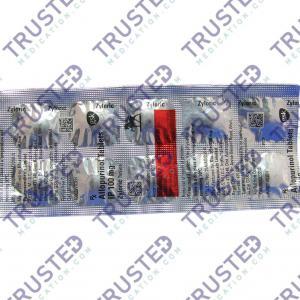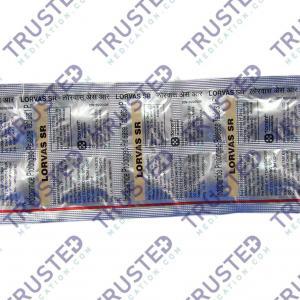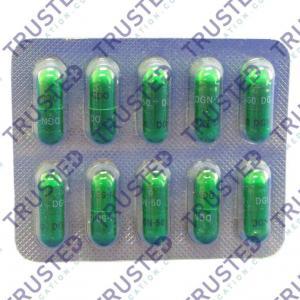
A drug allergy is an allergic reaction to a medication. In an allergic reaction, your immune system, which fights infection and disease, reacts to the drug. Symptoms of this reaction include rash, fever, and difficulty breathing.
The immune system helps protect the body from diseases. It fights foreign invaders, viruses, bacteria, and dangerous substances. With a drug allergy, your immune system mistakes a drug that enters your body for one of these invaders. In response, your immune system releases antibodies to attack the invader. In this case, they attack the drug and lead to adverse effects.
Symptoms of Drug Allergy
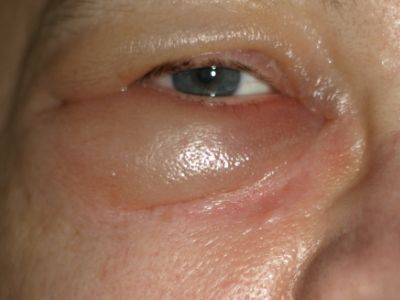
Signs and symptoms of a serious drug allergy often occur within an hour after taking a drug. A drug allergy may cause:
- Skin rash
- Itching
- Hives
- Fever
- Swelling
- Shortness of breath
- Wheezing
- Watery eyes
- Runny nose
Drug allergies are not typical but they are life-threatening and can cause widespread dysfunction of body systems. Seek medical attention when you experience:
- Tightening of the airways and trouble in breathing
- Abdominal cramps and nausea
- Diarrhea and vomiting
- Dizziness
- Drop in blood pressure
- Seizure
Loss of consciousness
Other conditions resulting from drug allergy reactions occur days or weeks after exposure to a drug and may persist for some time after you stop taking the drug. These conditions include:
- Serum sickness. It causes fever, rash, swelling, and joint face.
- Drug-induced anemia. It reduces red blood cells and causes fatigue, irregular heartbeat, and shortness of breath.
- Drug rash. It causes a rash, high white blood cell counts, swollen lymph nodes, and recurrence of dormant hepatitis infection.
- Inflammation in the kidneys. It can cause fever, blood in the urine, general swelling, confusion, and other symptoms.
Drugs that Increases the Risk factor of Allergy
- Antibiotics such as penicillin
- Sulfa antibiotics such as sulfamethoxazole-trimethoprim
- Aspirin
- Nonsteroidal anti-inflammatory medications, such as ibuprofen
- Anticonvulsants such as carbamazepine and lamotrigine
- Drugs for monoclonal antibody therapy such
- Chemotherapy drugs such as paclitaxel, docetaxel, and procarbazine
Treatment for Drug Allergy
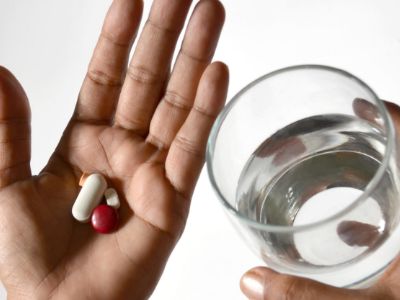
If you have a mild allergic reaction to a drug, your doctor may still prescribe it for you. There are topical medications you can use to treat drug allergy-related rashes and itching. Other medications can help block the immune response and reduce symptoms. These include:
The release of histamine may trigger allergic symptoms such as swelling, itching, or irritation. An antihistamine blocks the production of histamine and may help calm these symptoms of an allergic reaction.
Corticosteroids
Corticosteroids can help reduce the inflammation that leads to these problems. You can have some pills, nasal sprays, eye drops, and creams.
Bronchodilators
It opens your airways and makes breathing easier. Bronchodilators come in liquid and powder form for use in an inhaler or nebulizer.

